Published
- 06:00 am
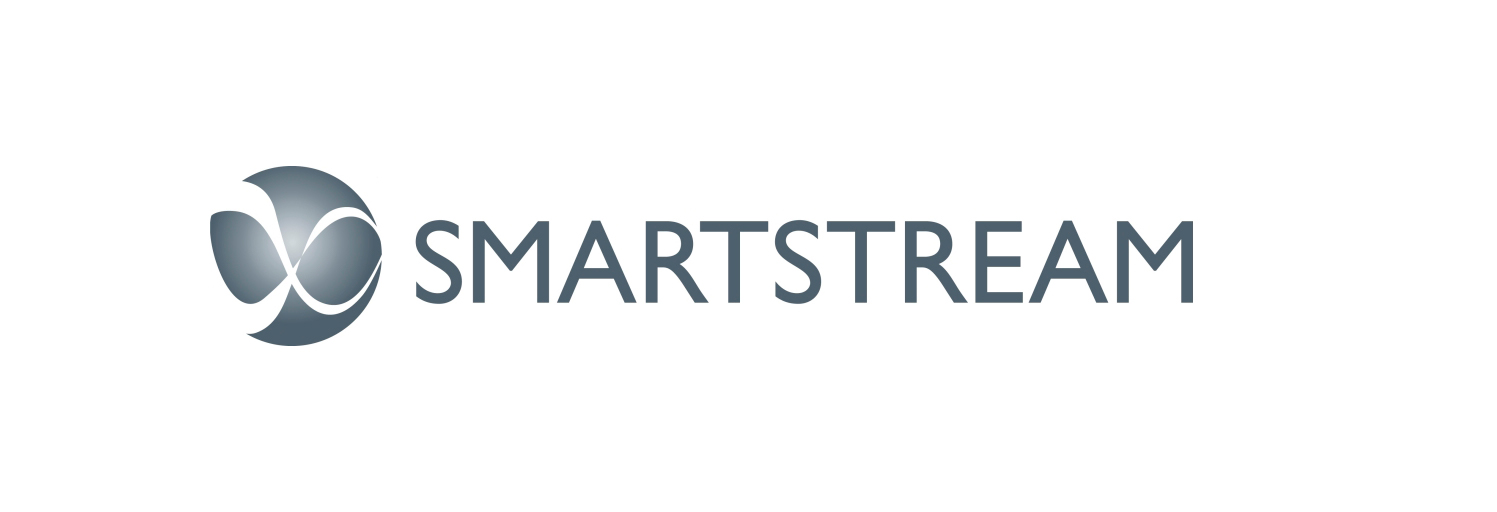
SmartStream Technologies, the financial Transaction Lifecycle Management (TLM®) solutions provider today announces the appointment of Peter Dehaan, as New Business Director for Cash & Liquidity Management – supporting Financial Institutions, their treasuries and key stakeholders with the delivery of real-time cash and liquidity management solutions. This will enable clients to better manage the evolving regulatory requirements and stress testing obligations.
Peter has over 20 years of experience in banking. Prior to working at SmartStream he was at Lloyds Bank for over 7 years managing treasury and liquidity services for various sectors in the Commercial Bank, under the Global Transaction Banking umbrella. Previous to this, he was at Citibank for almost 16 years in a number of roles, including product management and correspondent banking within Global Transaction Services.
Peter Dehaan, New Business Director for Cash & Liquidity Management, SmartStream, says: “This is a great time to join SmartStream as they continue to grow in the treasury space. I admire their strategic focus on new technology innovations that have proved great value to the industry. As cash and liquidity management systems are becoming increasingly sophisticated and with firms prioritising projects to meet regulatory requirements, my goal will be to help financial institutions achieve improved operational efficiencies, on a global basis”.
Peter Dehaan will report to Nadeem Shamim, Head of Cash and Liquidity Management at SmartStream, who states: “Peter’s industry experience in the treasury space is a perfect complement to the team, and we are delighted to have him on board. In discussion with our clients, the banks are becoming savvy in their capacity to monitor liquidity in real-time, but also more crucially, there is a big focus on transparency into the various calculations behind the numbers for regulatory reporting purposes. Together as a team and now with Peter joining, we are more confident than ever with helping the banks respond to operational and industry pressures”.
Related News
- 08:00 am
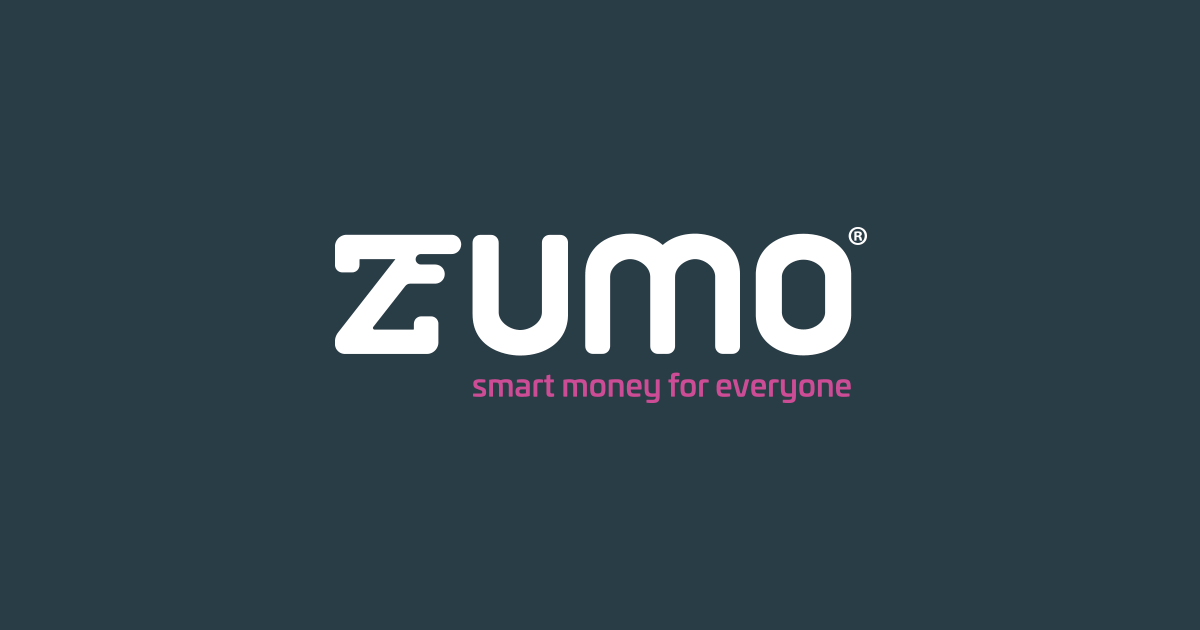
Zumo, the Edinburgh-based crypto wallet, has today announced the launch of its Zumo Virtual Card. This new product allows users in the UK to make purchases at any online retailer which accepts Visa.
Zumo is the first non-custodial crypto wallet to offer users the ability to hold GBP in their wallet to then spend with a Visa card.
The Virtual Card is the result of a partnership between Zumo and digital payments platform Modulr. Modulr provides the underlying GBP payments infrastructure upon which Zumo builds and enhances its services.
The partnership with Modulr was announced last year and allowed Zumo to develop a seamless cash-to-cryptocurrency payments system complete with GBP functionality.
Later this year, Zumo will also release a physical convertible contactless debit card which can be used at shops or any other place which accepts VISA.
The release of the card comes during a cryptocurrency boom and a worldwide societal shift towards online shopping. In the UK alone, online sales grew by 74% year-on-year in January 2021.
The Zumo app converts Bitcoin or Ether to pounds sterling - or vice versa - whilst the virtual Visa card lets clients in the UK spend their pounds. The Zumo wallet is non-custodial, which means that only customers have access to their private keys.
Speaking about this landmark moment for the brand, CEO Nick Jones said: “Today marks a huge step forward for us and our customers. The launch of our virtual card will help to make people get comfortable with crypto. Our customers can now easily buy, hold and exchange cryptocurrency in the Zumo app, whilst spending cash using a Visa debit card. "
“We hope that the familiarity of a debit card will help to introduce new people to cryptocurrencies and help their ascent into the mainstream. Zumo’s Virtual Card bridges the old world of traditional money with the new world of smart money"
“Safe, simple and secure is the core of the brand’s purpose. Which is exactly what this new product is about.”
Nick Adams, Chief Customer Officer at Modulr said, “Modulr is proud to be the payments partner of choice for Zumo. We’re excited to work closely and collaboratively with Zumo to support their innovation and look forward to working with them to expand consumer choice in the marketplace with their Zumo Virtual Card.”
Modulr is authorised and regulated by the FCA as an Electronic Money Institution, and so can issue GBP accounts with dedicated account numbers and sort codes. As a direct participant of the Faster Payments and Bacs schemes, they hold and settle funds at the Bank of England, providing reliability and security for users.
Related News
- 04:00 am

Commerzbank made a very good start into the current year and generated a positive net result in the first quarter despite the ongoing pandemic and restructuring charges. Net commission income increased strongly thanks to a flourishing securities business. This enabled the Bank to largely compensate the impact from the negative interest-rate environment and the ongoing lower consumption resulting from coronavirus restrictions. In conjunction with stable expenses and a lower risk result, this led to an operating profit of €538 million. The Common Equity Tier 1 (CET 1) ratio of the Bank improved to 13.4% and continues to be significantly above the regulatory requirement (MDA). Following on from the positive start of the year, the Bank raised its full year outlook for revenues and the CET 1 ratio.
The transformation of Commerzbank launched in February through “Strategy 2024” is making good progress with the four core topics of profitability, sustainability, digitalisation, and customer centricity.
As already announced, the Bank quickly reached agreements with the employee representatives in Germany about a framework settlement of interests and a framework social plan concerning the necessary personnel reduction. The binding agreements form the basis for a maximally socially responsible downsizing. The Bank had already agreed a voluntary redundancy programme on a headcount reduction of 1,700 full-time equivalents for 2021.
The Bank is also proceeding quickly with the issue of sustainability and has defined ambitious goals for this area. It intends to increase the volume for sustainable financial products from the recent total of around €100 billion to €300 billion by the end of 2025. Furthermore, Commerzbank is one of the first German financial institutions to have made a commitment as a member of the Net-Zero Banking Alliance to reduce CO2 emissions as far as possible and to achieve net-zero CO2 emissions for the entire loan and investment portfolio by 2050, and for its own banking operations already by 2040.
Commerzbank is also making good progress on its digital offerings and in the area of customer centricity. Together with Deutsche Börse, it is investing in the fintech 360X as part of a strategic partnership. The goal is to develop new blockchain-based digital marketplaces and ecosystems for existing real asset classes such as art and real estate. The Bank also agreed a comprehensive cooperation for Equity Brokerage and Equity Research with Oddo BHF. Commerzbank is thereby reducing costs and complexity while improving the customer offer. Alongside market-leading stock analysis in the German-speaking regions of Germany, Austria, and Switzerland, customers will also receive even better access to European equity markets in future.
“After only a few months, we have already achieved some important milestones in our transformation and launched a large number of projects and measures in all parts of the Group. We are now consistently implementing these projects. The agreement with the employee representatives on the framework for the necessary headcount reduction is a decisive step,” commented Manfred Knof, Chief Executive Officer of Commerzbank. “After a very good start into the year, we are looking confidently to the future despite of the ongoing pandemic.”
Revenues in the first quarter increased by 35% to €2,492 million (Q1 2020: €1,851 million) primarily on the basis of a strong net commission income and positive valuation effects. The interest rate benefit from the Targeted Longer-Term Refinancing Operations (TLTRO) of the European Central Bank (ECB) amounted to €126 million in the first quarter. The underlying revenues excluding exceptional items rose to €2,308 million (Q1 2020: €2,024 million). This enabled the Bank to more than compensate the pressure of the negative interest-rate environment on net interest income.
The risk result at minus €149 million was below the year-on-year value (Q1 2020: minus €326 million). Despite of the ongoing coronavirus pandemic, the loan portfolio remained stable. This is also reflected by the continuing low ratio of non-performing exposures (NPE ratio) at 0.9% (year-end 2020: 1.0%). The additional provision formed last year for coronavirus effects anticipated for 2021 (“top-level adjustment”) was nearly unchanged at €495 million at the end of March.
Operating costs fell to €1,469 million (Q1 2020: €1,503 million). Administrative expenses benefited from lower spending for advertising, depreciation, and travel. The burden of compulsory contributions continued to rise by almost 12% to €336 million (Q1 2020: €301 million) as a result of higher contributions for the deposit guarantee scheme and for the European Bank Levy. Despite this additional burden, total expenses were at €1,806 million (Q1 2020: €1,804 million) and thus remained stable overall.
Total operating profit amounted to a strong €538 million (Q1 2020: minus €278 million). This more than compensated for the restructuring charges of €465 million booked in the first quarter. The consolidated profit attributable to Commerzbank shareholders amounted to €133 million (Q1 2020: minus €291 million) partly due to positive tax effects.
The CET 1 ratio increased to 13.4% by the end of March (end of December 2020: 13.2%) and is now around 380 basis points above the regulatory requirement (MDA) of currently 9.6%.
“We started the year with very strong results, and we have achieved a positive net result after restructuring charges. In particular, the strong securities business made a significant contribution to this result, and this enabled us to largely compensate for the effects arising from the negative interest-rate environment. Our improved capital ratio provides us with a solid basis for the further transformation,” said Bettina Orlopp, Chief Financial Officer at Commerzbank.
Development of the segments
The Private and Small-Business Customers segment continued its growth with loans and securities and increased the volume of its business in Germany to €307 billion by the end of March – a plus of €17 billion by comparison with year-end 2020 and €67 billion year-on-year. This was primarily due to strong securities business with an increase in volume of €15 billion since the beginning of the year. Out of this, €5 billion was net new money. Since the turn of the year, the loan volume went up by €2.4 billion to around €115 billion. Once again, the driver for this growth was successful mortgage business, which increased year-on-year by 7% to a volume of nearly €88 billion.
Total underlying revenues for the Private and Small-Business segment amounted to €1,338 million (Q1 2020: €1,329 million), despite of sustained pressure on net interest income. Owing to the securities business, net commission income increased by more than 11%. This enabled the segment to compensate for falling contributions from deposits, lower demand for consumer loans due to the pandemic, and the effect of the lockdown on payment transactions. Net interest income fell by around 10% due to the continuing negative interest-rate environment. Thanks to the significantly lower risk result, the segment generated an operating profit of €250 million (Q1 2020: €146 million).
The Corporate Clients segment maintained almost stable underlying revenues at €824 million (Q1 2020: €833 million) thanks to strong capital market business which enabled the segment to compensate the pandemic-related decrease in lending business. The International Corporates division benefited from improved bond and syndicated loan business, while lower demand for loans had an impact in the Mittelstand division. The effects of the coronavirus crisis led to lower transaction banking in the Institutionals division. Including exceptional items and valuation effects, total revenues for the segment increased by more than 11% to €842 million (Q1 2020: €755 million).
A low risk result of minus €52 million (Q1 2020: minus €165 million) and a further reduction in costs led to a positive operating result for the segment of €98 million (Q1 2020: minus €112 million).
Related News
- 05:00 am
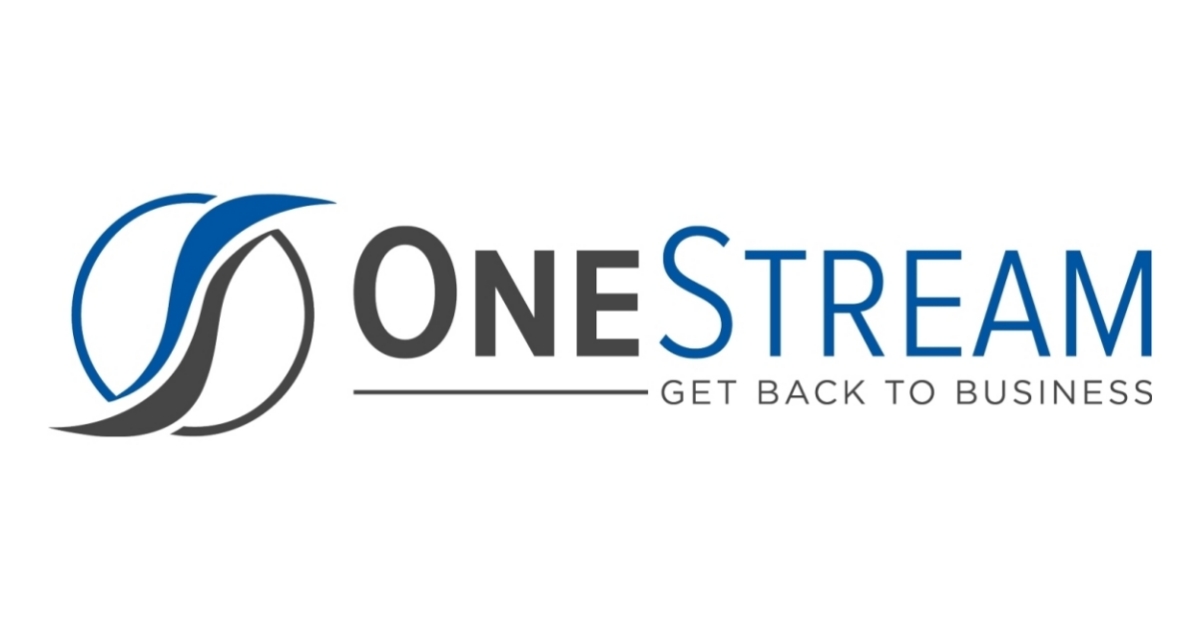
OneStream Software, a leader in corporate performance management (CPM) solutions for the world’s leading enterprises, has announced the results of its “Enterprise Financial Decision-Making 2021 - North America” survey. The study, conducted by Hanover Research, targeted finance leaders across North America and identified the factors driving their budgets and technology adoption plans for 2021.
The COVID-19 pandemic created a heightened need for agile forecasting, predictive planning and digital transformation. With vaccine rollouts happening across North America, many finance executives are evaluating their workforce and supply chain needs for a post-pandemic reality. However, the political and social landscape have also heavily impacted investment decisions, leading executives to prioritize sustainability and diversity initiatives as well.
When asked about key business drivers and plans for 2021, CFOs and other finance leaders were focused on several areas:
Political and Social Initiatives are Dominating the 2021 Investment Landscape
Despite many companies deferring investments until after the election, over half of the finance leaders surveyed report that the election positively impacted their investment decisions for 2021. However, the Biden Administration’s proposed legislation may cause additional business disruption. Most companies surveyed (86 percent) will need to change their financial forecasts in the event of a tax change by the new presidential administration. Similarly, most companies (89 percent) have already made plans to change hiring and staffing to accommodate potential wage increases.
In addition to political impact, social and environmental investments are high on the agenda for 2021. The majority of financial executives surveyed are increasing, or are planning to increase, investments in Environmental, Social, and Corporate Governance (ESG) management and reporting systems (85 percent), as well as Diversity, Equity, and Inclusion (DEI) training (86 percent). Of note, financial executives working in IT (65 percent) and finance (77 percent) industries are significantly more likely to be currently investing in DEI training than other industries (52 percent).
Return to Office Investments are Underway, with Data Privacy Tools Coming to the Forefront
CFOs and other finance executives are optimistic that recovery is on the horizon: three-quarters (73 percent) expect that they will return to normal growth by the end of 2021. In addition to economic recovery, nearly all companies (98 percent) have made budgetary plans for returning to the office. In fact, one-third (36 percent) of financial executives plan on dedicating over 15 percent of their budget to office reopening. Data privacy tools are the most common (18 percent) priority for the earmarked return-to-office budgets, with hybrid cloud technologies and office reconfiguration also being top priorities.
Finance is Embracing New Tech to Support Pandemic Impacts and a Dispersed Workforce
Since the COVID-19 pandemic started, the ability to quickly reforecast budgets and shift workflows has become essential. The rapid adoption of next-generation and predictive analytics to support these needs started last year: OneStream’s 2020 Enterprise Financial Decision-Making Report found that less than half (46 percent) of the finance executives reported using cloud-based solutions regularly, while less than a quarter used machine learning (21 percent) and artificial intelligence (20 percent) solutions.
Less than a year later, our 2021 report found that finance executives have significantly increased their data analysis tool investments and usage. Specifically, companies most commonly invested in artificial intelligence (59 percent) and increased their use of cloud-based planning and reporting solutions (65 percent). Additionally, most companies already use (69 percent) or plan to use (18 percent) low-code development platforms.
“Planning and forecasting has never been as critical to businesses as it is today,” said Tom Shea, CEO of OneStream. “The pandemic demonstrated the importance of enterprises being able to shift quickly via the use of widely accessible data-backed insights to meet changing needs at a moment’s notice. These findings reinforce that while the pandemic may have caused the initial acceleration in adoption of these technologies, these solutions are here to stay.”
Related News
- 01:00 am
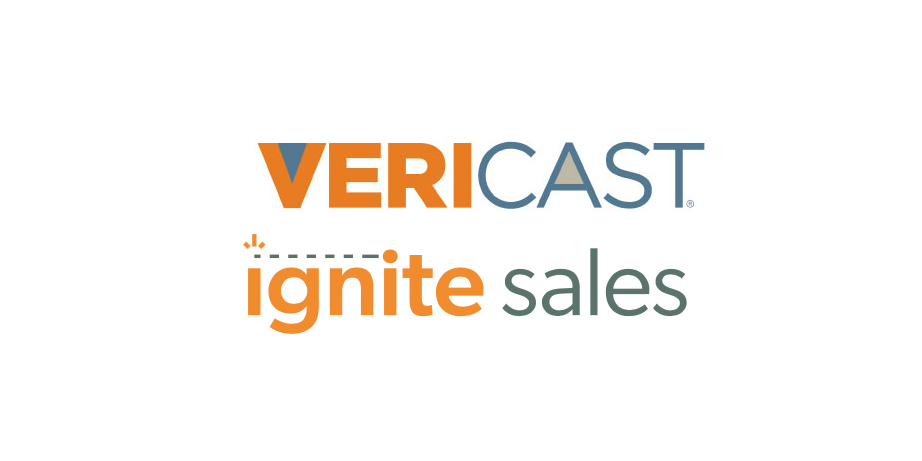
Vericast, a leading marketing solutions company, together with its Harland Clarke line of customer experience solutions, today introduces Account Advisor, which uniquely matches customer needs with relevant financial products. This best-in-class customer engagement platform, powered by Ignite Sales, Inc., guides consumers and small businesses through dynamic conversations focused on uncovering personal financial needs and then makes relevant, effective recommendations.
Account Advisor’s guided selection process leads banking customers to choose products that best fit their needs 98% of the time, according to data from Ignite Sales. This is in striking contrast to the 30% of customers who select the most appropriate accounts when given the ability to self-select online.
Through a consistent, dynamic dialogue – whether online or in-branch – Account Advisor identifies customers’ financial needs and offers personalized, real-time product recommendations, leading customers to discover new products and services that are most relevant to them. In fact, valuable recommendations lead to a 40% increase in customer satisfaction. This new strategic alliance with Ignite Sales empowers financial institutions to improve engagements and deepen relationships from the moment of account opening, positioning themselves as trusted financial advisors – good news for the 84% of banks that have not mapped their customer’s financial journey.
“The alliance between these two organizations has the potential to address a key priority of every bank marketer, which is maximizing the value of each customer response,” said Bill Hippensteel, Executive Vice President at Commerce Bank. “By utilizing information gathered from guided conversations, we will be able to better tailor our marketing messages. This allows us to customize and humanize our communications to improve our return on marketing investment (ROMI) and maximize lifetime value.”
A Vericast solution within Harland Clarke’s data-driven, highly personalized financial services offerings, Account Advisor enables financial institutions to automate, simplify and satisfy their customers’ desire for 24/7 personal service.
Key features and benefits of Account Advisor include:
- Higher account opening completion rate and more online applications
- Consistent, trackable and compliant conversations and recommendations
- Enhanced sales efficiency and reduced turnover
- Advanced reporting on effectiveness and efficiency of customer interactions
- Streamlined acquisition of current client and market data to inform marketing, product, development, training, expansion and strategic decision-making
“The bar for personal digitalization has never been higher with the increased use of online banking, accelerated by the pandemic,” said Scott Hansen, EVP, Marketing, Vericast. “Technology has redefined the way financial institutions connect with consumers, and by engaging new customers in meaningful ways at the moment that most influences their decisions, financial institutions are able to best meet and also improve their customers’ financial wellness goals at every life stage.”
Learn more about Account Advisor and how it accurately matches consumers to financial products and services.
Related News
- 06:00 am

OneSpan™, the global leader in securing remote banking transactions, today announced that Generali Hellas has implemented OneSpan Sign electronic signatures to meet regulatory compliance requirements and help speed up its end-to-end signing process for life insurance policies. Generali is the first insurance company in Greece to enable a completely digital account opening process for the convenience of its customers and its network of more than 4,000 independent brokers.
Generali has made it a strategic priority to digitally transform its operations, in order to provide a seamless and elevated customer experience. As part of a broader automation and digitalization initiative, Generali Hellas selected OneSpan Sign to simplify and secure its contracting agreement process, for new policies. The company eliminated the manual paper-based process for life insurance policies and was able to reduce the new account opening time to less than 24 hours, from more than several days.
“Digitization is an important capability, especially in the insurance industry where signing processes can be lengthy and cumbersome,” said Generali Hellas Software Development Assistant Manager, Antonis Apergis. “Through our partnership with OneSpan, we are able to deliver our e-sign service and secure digital policy delivery. Generali pioneered the launch of this technology in Greece, and the positive feedback we have received from both customers and brokers, as well as the noticeable business benefits, are key factors in our decision to expand the use of the e-sign service to Retail Non-Life products lines.”
“The pandemic has reinforced the need for a digital business model,” said OneSpan CEO, Scott Clements. “Companies have made significant progress in adjusting their operations for the present circumstances. Industry leaders like Generali that select flexible, scalable and proven technologies, not only enhance the customer experience but also build trust, loyalty and revenue streams that are key to their future success.”
To help bank and financial services organizations understand country-specific electronic signature legislation, OneSpan created the E-Signature Legality Guide, in partnership with a multinational law firm. Please visit www.onespan.com/resources/esignature-legality to view the guide.
About Generali Hellas
Generali Hellas SA is part of the Generali Group, the independent Italian insurance leader, and has more than 135 years of presence in the Greek Insurance Market. The Company’s commitment is to provide smart and simple insurance solutions, focusing on the customers’ personal needs. Investing constantly in a caring ecosystem consisting of digital tools, modular products and more than insurance services, Generali is aiming to provide first in class customer experience and help its customers lead a better life. With almost 72,000 employees worldwide and 61 million customers, the Generali Group is a major player in Western Europe and has an increasingly significant presence in Central and Eastern Europe as well as in Asia.
About OneSpan
OneSpan helps protect the world from digital fraud by establishing trust in people’s identities, the devices they use and the transactions they execute. We make digital banking accessible, secure, easy and valuable. OneSpan’s Trusted Identity platform and security solutions significantly reduce digital transaction fraud and enable regulatory compliance for more than half of the top 100 global banks and thousands of financial institutions around the world. Whether automating agreements, detecting fraud or securing financial transactions, OneSpan helps reduce costs and accelerate customer acquisition while improving the user experience. Learn more at OneSpan.com.
Copyright© 2021 OneSpan North America Inc., all rights reserved. OneSpan™ is a registered or unregistered trademark of OneSpan North America Inc. or its affiliates in the U.S. and other countries.
Related News
- 08:00 am

Cirrus, a provider of cloud-based document management software, announced that Pursuit leveraged Cirrus’ secure document collection and collaboration portal as a key component of the NYC-based Queens Small Business Grant Program.
In response to the challenges facing small businesses in the wake of COVID, the New York City Economic Development Corporation partnered with Pursuit and several community-based organizations to offer grants to Queens-based, minority-owned small businesses heavily impacted by the pandemic. The program offers up to $20,000 to support operational expenses to first-floor storefront businesses, second-floor restaurants and street vendors with less than 20 employees located in Queen’s low- and moderate-income communities.
As the application and decision portal for these COVID-relief grants, Cirrus’ cloud-based, API-enabled system supports the collaboration and collection of loan files to streamline and automate the document management process. Cirrus expedited the entire process for small businesses in the program, successfully managing nearly $14 million in grants for 745 businesses. Out of these businesses, 90% were either minority- or women-owned. Additionally, the Queens Small Business Grant Program has dedicated $2.5 million to further support small businesses later in 2021.
“Small businesses are hardest hit by COVID, and the Queens Small Business Grant Program could be the deciding factor in whether these businesses close their doors or remain operational,” said David Brooks, founder and CEO, Cirrus. “The issue is that between processing, managing and collecting documents, the application process can very quickly become overwhelming to even the most seasoned and experienced organization. Our platform eliminates this ‘document chaos,’ streamlining the collection and collaboration workflow through a secure portal to help these businesses gain access to needed capital more quickly.”
“The Cirrus platform created a way for resource-strapped small business owners to apply for this critical program quickly and easily,” said Rachel Van Tosh, chief operations officer, Pursuit Community Finance. “The technology also provided the tools required to operate a large program at scale and maximize our team’s human capital.”
Related News
- 03:00 am
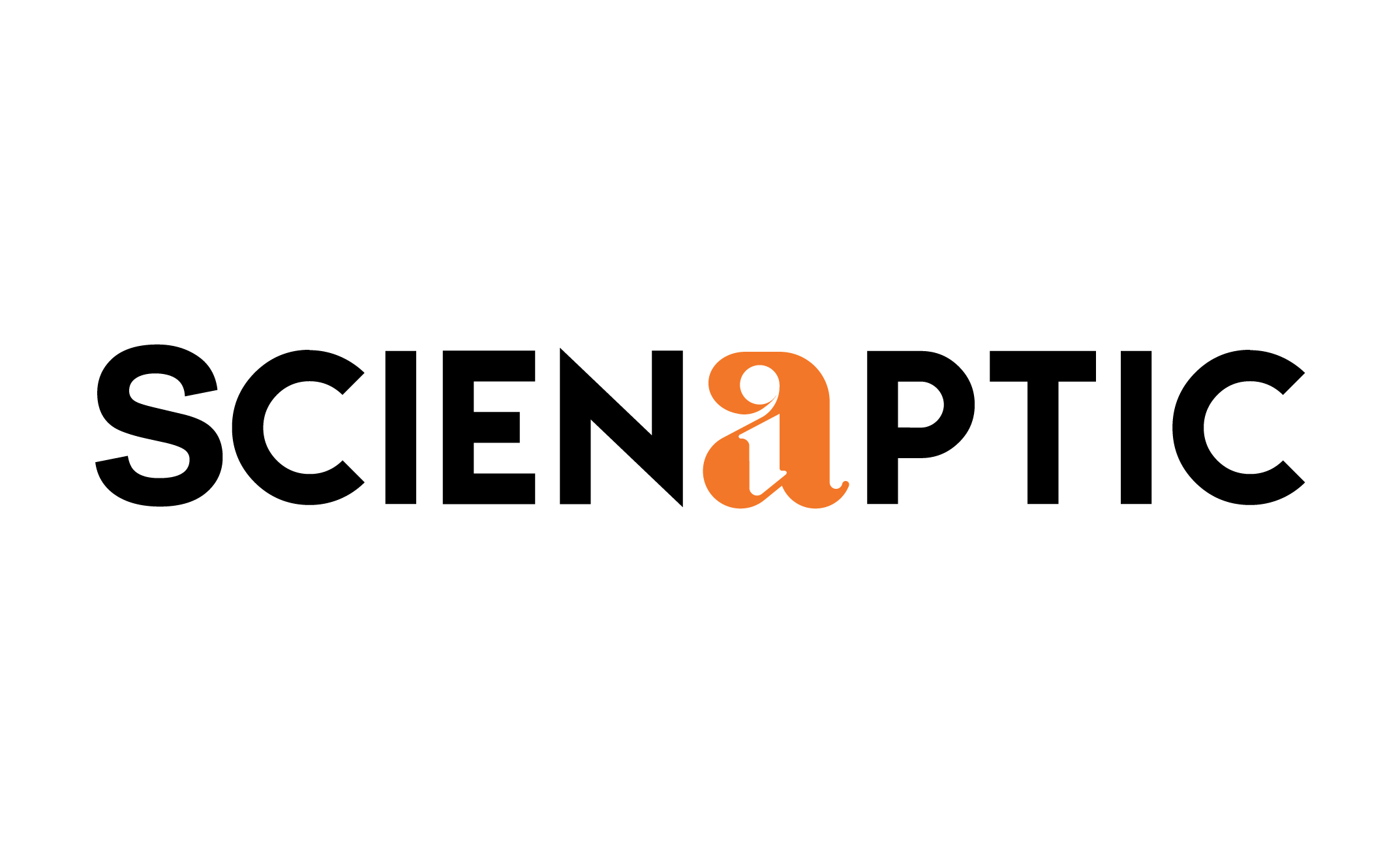
Leading AI-powered credit decisioning disruptor, Scienaptic, today announced the deployment of its platform at Publix Employees Federal Credit Union (PEFCU). The implementation will enable PEFCU to make better, faster credit decisions for its members and deliver the best value for lifelong relationships.
Headquartered in Lakeland, Fla., PEFCU is a member-owned co-operative that was founded in 1957 to meet the financial needs of Publix Super Markets Inc. associates and their family members. PEFCU, with over $1 billion in assets, is ranked in the top five percent of credit unions nationwide. PEFCU remains committed to improving the financial lives of its members and continues to expand its membership throughout the south-eastern U.S. Through Scienaptic’s AI-enabled credit underwriting platform, credit access for PEFCU members will be further enhanced.
"We’re excited to deploy Scienaptic's AI-powered platform,” said Robert Goebel, PEFCU’s Senior Vice President of Lending. “The platform will help us safely increase loan approvals, provide better experiences, and support financially stressed members. Scienaptic’s AI will empower members with more credit, reduce decisioning cycle time, and reinforce PEFCU’s commitment towards every member’s financial well-being.”
"We are very pleased to help PEFCU streamline and support the credit and financing needs of its members,” said Pankaj Jain, President of Scienaptic. “Through our AI-powered credit decisioning platform, PEFCU will be able to support more members, increase approval rates and build deeper relationships with members. We look forward to seeing PEFCU’s continued growth and success."
Related News
- 05:00 am
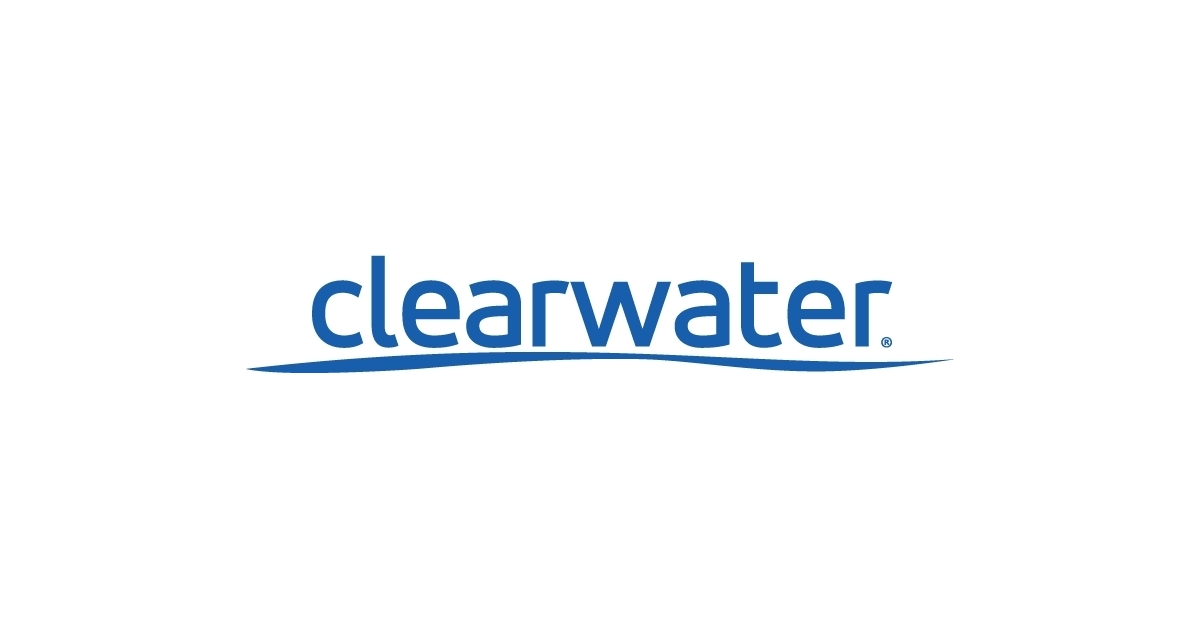
Clearwater Analytics, an industry-leading SaaS solution for automated investment data aggregation, reconciliation, accounting, and reporting, announced today that it has appointed Ms. Cristel Cohen-Bacry has Head of Europe, Middle East, and Africa (EMEA) Marketing. In this capacity, she will shape and define the EMEA marketing strategy and go-to-market plans to drive consistent, sustainable growth across the region through demand generation, digital channels, and communications.
Based in Paris, Cohen-Bacry brings a 20-year track record in the IT and fintech industry, focused on the development of marketing communications and digital marketing strategies for global companies. Prior to joining Clearwater Analytics, she worked at NeoXam, eFront, and Misys (Finastra) where she was focused on building their lead generation marketing programs, resulting in sales growth. Cohen-Bacry also worked at Infosys Consulting and Vinci where she increased brand awareness, developed lead generation processes, and created local PR, marketing and digital strategies. She also advised multiple start-ups in setting up and launching their brands. She earned her degree at ICD Business School in Paris.
Related News
- 06:00 am

Napier, the London-based provider of next-generation anti-financial crime compliance solutions, has announced that it will be providing ClearBank, the cloud-based clearing bank, with its advanced Transaction Screening system.
As a purpose-built, technology-enabled clearing bank, ClearBank offers cloud-based banking services to financial service providers, FCA-regulated businesses and fintechs. Its new Transaction Screening system, built on Napier’s AI-enhanced technology, will allow ClearBank to identify sanctioned individuals and entities in payments, while reducing false positives and accurately alerting on risk.
Stuart Morley, CIO of ClearBank, commented: “As with all financial organisations, it is imperative that ClearBank has a robust sanction screening programme in place to support the industry in its constant battle against financial crime. Having gone through a thorough vendor selection process, we are delighted to have now joined forces with Napier, whose next-generation technology and AI-enhanced capabilities are leading the way in AML compliance. We feel this has the potential to become a long-term partnership with the RegTech provider.”
Napier works with institutions such as ClearBank around the globe to provide its AI-led platform for intelligent KYC, AML & trade compliance. Doubling its annual revenue in 2020, Napier has recently been strengthening both its senior management team and its roster of global customers.
Former HSBC Group COO and BCG Global Banking Chair, Andy Maguire, joined Napier as Board Advisor, while the RegTech provider was also recently named as the official anti-money laundering and counter terrorism financing technology platform for Australia Post.
Julian Dixon, Napier CEO, said: “We are honoured to be the vendor of choice to help ClearBank supercharge its Transaction Screening. Our technology will help provide its agency and transaction banking services with a faster, smarter way to meet regulatory requirements while driving business efficiency."
“We are going to be building on this new relationship with ClearBank by partnering on future cutting-edge product development too, so there’s a lot to look forward to that will really raise the bar for the industry as a whole.”









